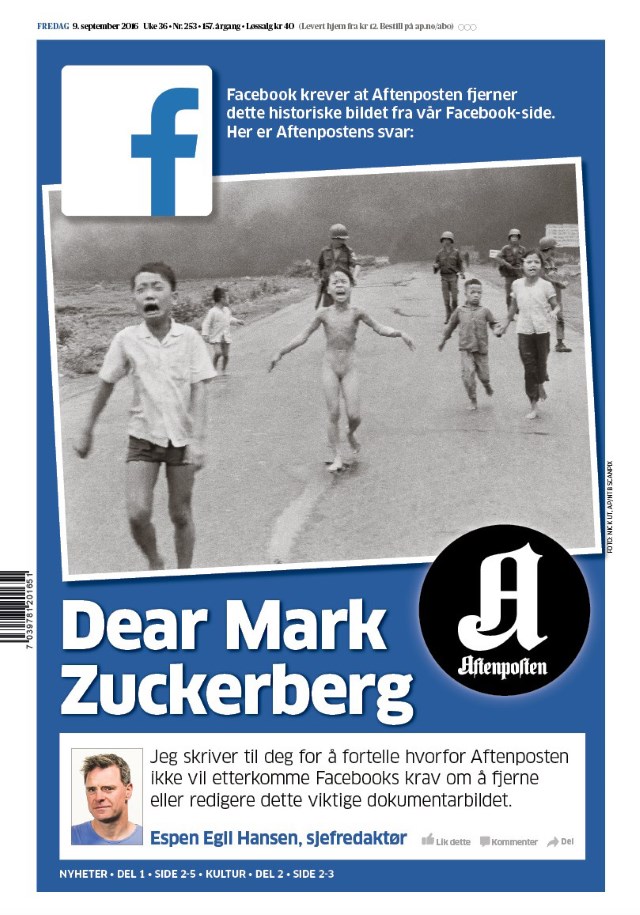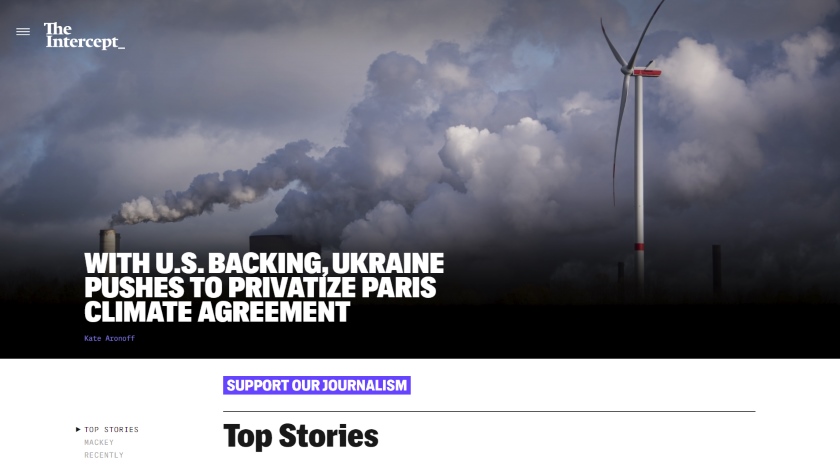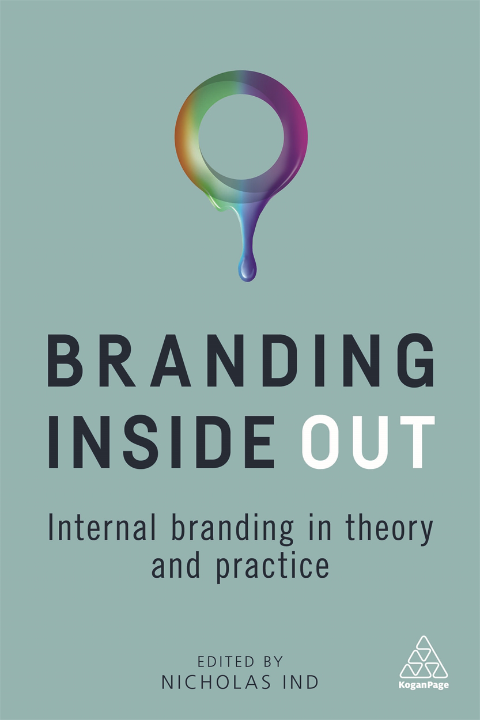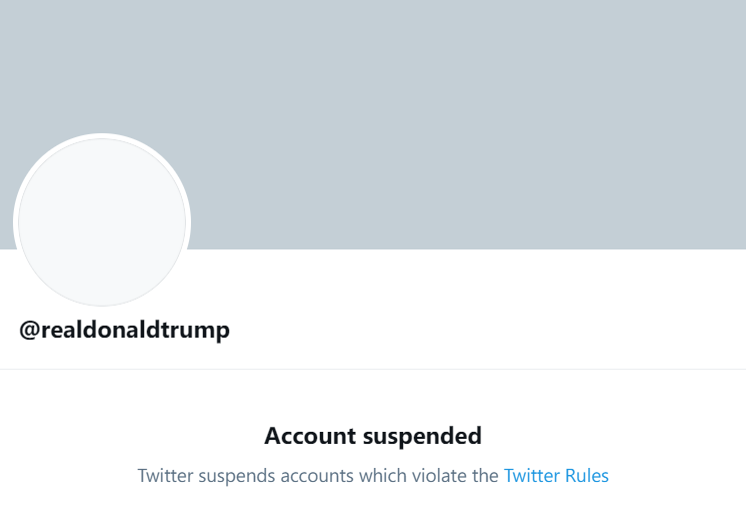
US Department of Defense
Keen to be seen as the establishment, and that means working with the military–industrial complex, Google is making software to help the Pentagon analyse drone footage, and not everyone’s happy with this development.
The World Economic Forum’s ‘This is the future of the internet’ makes for interesting reading. It’s not so much about the future, but what has happened till now, with concerns about digital content (“fake news”), privacy and antitrust.
Others have written a lot about search engines and social media keeping people in bubbles (or watch the video below, but especially from 5′14″), but the solution isn’t actually that complex. It’s probably time for search engines to return to delivering what people request, rather than anticipate their political views and feed them a hit of dopamine. They seem to have forgotten that they exist as tools, not websites that reinforce prejudices.
Duck Duck Go has worked well for me because it has remained true to this; but others can do it, too.
However, there needs to be one more thing. Instead of Facebook’s botched suggestion of having everyday people rate news sources, which I believe will actually result in more “bubbling”, why not rank websites based on their longevity and consistency of delivering decent journalism? Yes, I realize both Fox News and MSNBC will pass this test. As will the BBC. But this weeds out splogs, content mills, and websites that steal content through RSS. It actually takes out the “fake news” (and I mean this in the proper sense, not the way President Trump uses it). The websites set up by fly-by-nighters to make a quick buck, or Macedonian teenagers to fool American voters, just disappear down the search-engine indices. Facebook can analyse the same data to check whether a source is credible and rank them the same way.
It could be done through an analysis of the age of the content, and whether the domain name had changed hands over the years. A website with a healthy archive going back many years would be ranked more highly; as would one where the domain had been owned by the same party for a long period.
Google’s Pagerank used to look at incoming links, and maybe this can still be a factor, even if link-exchanging is no longer one of the basic tenets of the web.
There’s so much good work being done by independent media all over the world, and they deserve to be promoted in a truly meritorious system, which the likes of Google used to deliver. Shame they do not today.
We do know that its claim that analysing the content on the page to determine rank hasn’t worked, if some of the results that pop up are any indication. Instead, we see Google News permit the most ridiculous content-mill sites and treat them as legitimate sources; in 2005 such behaviour would be unthinkable by the big G. As to Facebook, they’ll boost whomever gives them money, so ethics don’t really score big there.
Both these companies must realize they have a duty to do right by the public, but they should also know that it’s in their own interests to be honest to their users. If trust increases, so can usage. They might even ward off some of the antitrust forces looming on the horizon; fairness certainly will help Google’s future in Europe. But they seem to have forgotten they are providers of tools, perhaps reflecting their principals’ desires to be seen as tech celebrities or power-players.
Google already has the technology to deliver a fairer web, but I sense it doesn’t have the desire to. I miss the days when Google, in particular, was an enfant terrible, there to shake things up. Now it exists to boost its own properties or rub shoulders with the military–industrial complex. Everyone’s keeping an eye on Alphabet’s share price. Forget the people or ‘Don’t be evil.’
As I have said often on this blog, there lies a grand opportunity for others to fill the spaces that Google and Facebook have left. A new site can play a far more ethical game, maybe even combine what these two giants offer. If Altavista, once the world’s biggest website, and Myspace, once the king of social networks, can be toppled, then so can these two. Yet at their peak, neither appeared to be vulnerable. Who would have thought back in 1998 that Altavista would be toast? (The few that did, and you are out there, are visionaries.)
So who is best poised out there to deliver such tools? It would seem now is the time to start, and as people realize that this way is better, be prepared to scale, scale, scale. Remember, Google once did the same thing to oust Altavista, by figuratively building a better mousetrap. Someone just needs to take that first step.







